Unmasking Antifa ; Trump's New War on 'Radical Left' Sparks Controversy
- by Sarah, Washington D.C., RNG247
- about 3 months ago
- 206 views
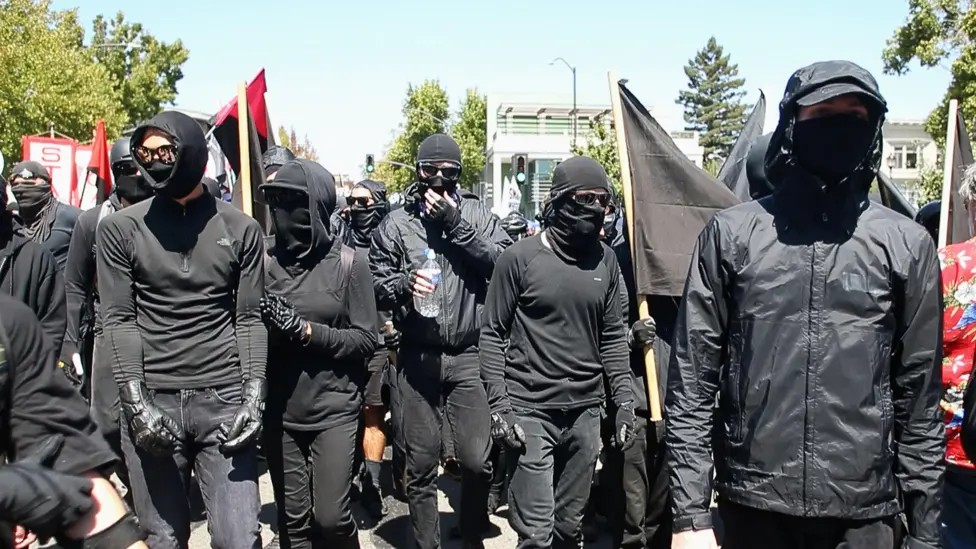
In a dramatic escalation of political tensions, former President Donald Trump has declared his intention to designate Antifa as a "major terrorist organisation," thrusting the shadowy anti-fascist movement into the national spotlight once again. This bold proclamation, made in the wake of conservative activist Charlie Kirk's tragic killing, has ignited a firestorm of debate and raised serious questions about the nature of political extremism in America.
Trump's announcement, delivered via his Truth Social platform, branded Antifa as a "sick, dangerous, radical left disaster" and promised a thorough investigation into the group's activities. However, experts and legal scholars are questioning the feasibility and constitutionality of such a move, given Antifa's decentralized structure and the lack of legal mechanisms for domestic terrorist designations.
Antifa, short for anti-fascist, is not a formal organization but rather a loose coalition of far-left activists united by their opposition to fascism, racism, and far-right ideologies. Its roots can be traced back to 1930s Germany, but the movement gained prominence in the United States following Trump's 2016 election victory and the infamous Charlottesville rally in 2017.
Critics accuse Antifa of employing violent tactics, citing instances of clashes with right-wing groups and controversial "doxxing" practices. However, supporters argue that their actions are primarily defensive responses to perceived fascist threats.
The legal implications of Trump's proposed designation remain murky. Unlike foreign terrorist organizations, which can be officially listed by the State Department, there is no established process for labeling domestic groups as terrorists. Constitutional experts warn that such a move could infringe upon First Amendment rights and potentially lead to dangerous overreach in targeting individuals suspected of Antifa affiliation.
Trump's focus on Antifa comes as part of a broader campaign against what he terms the "radical left" in the aftermath of Charlie Kirk's death. While authorities have described the accused killer as having a "leftist ideology," no direct link to Antifa has been established.
Interestingly, this renewed attention on left-wing extremism coincides with the Department of Justice's removal of a study suggesting that far-right extremism poses a greater threat in terms of political violence. This action has raised eyebrows and fueled further debate about the true nature of ideological threats in America.
As the nation grapples with these complex issues, experts caution against inflammatory rhetoric that could exacerbate divisions. Professor Robert Pape of the University of Chicago notes that blaming one side for political violence often leads to increased support for such actions across the spectrum.
In this charged atmosphere, the Antifa controversy serves as a stark reminder of the deep ideological fissures running through American society. As the debate rages on, the challenge remains to address genuine threats to public safety while safeguarding the constitutional rights that form the bedrock of American democracy.





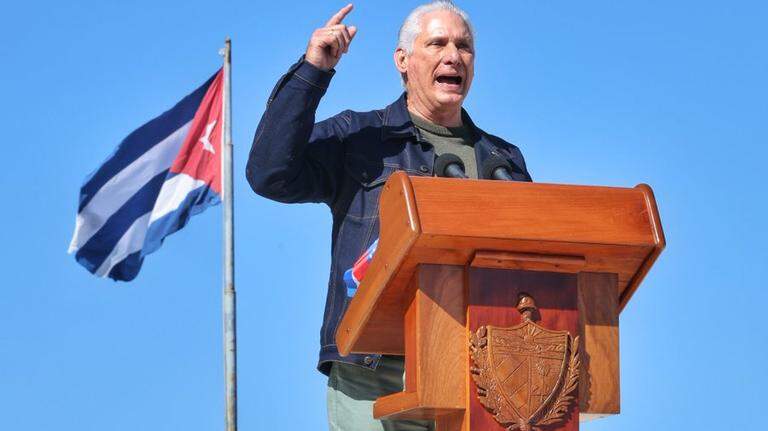
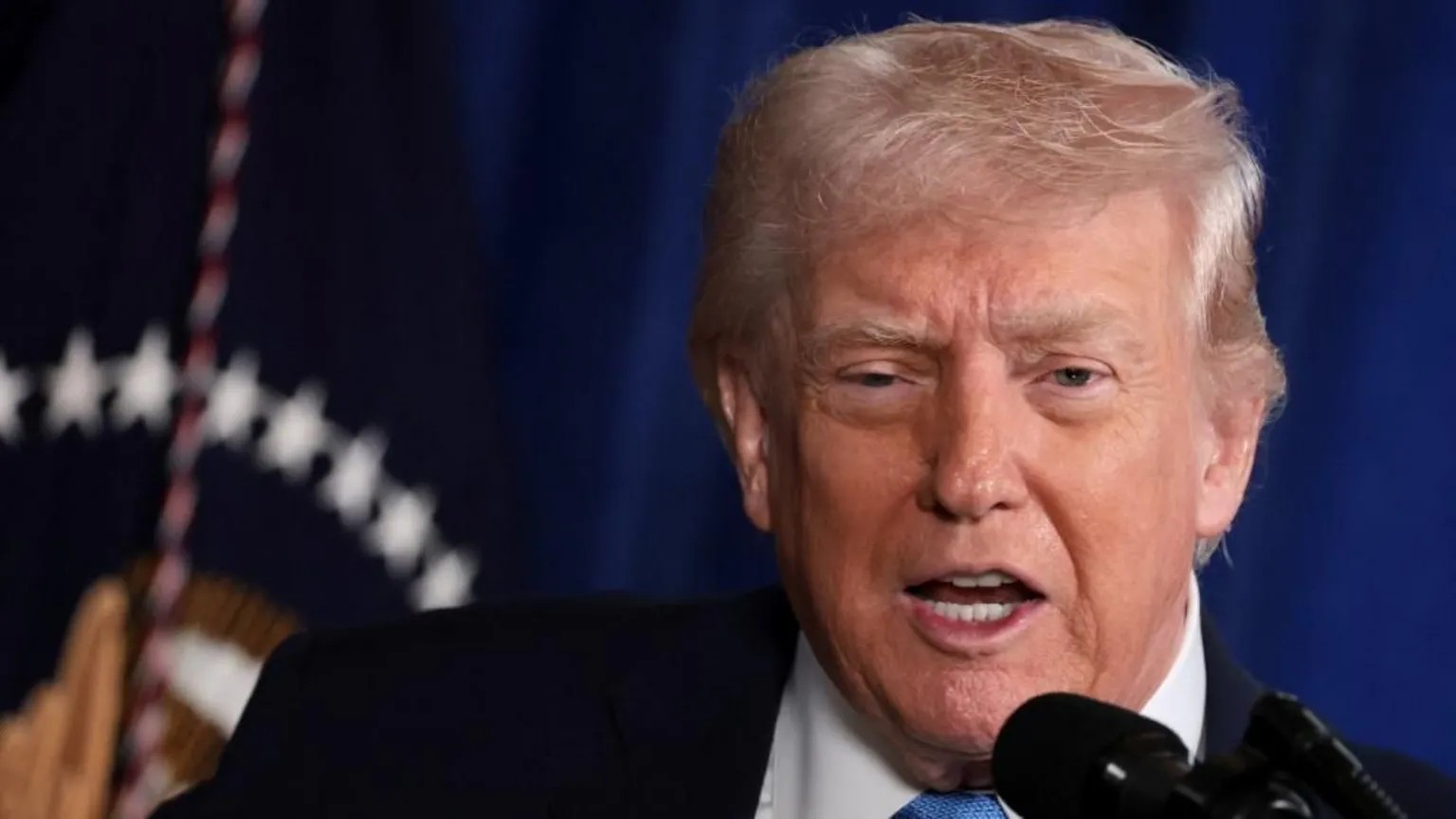
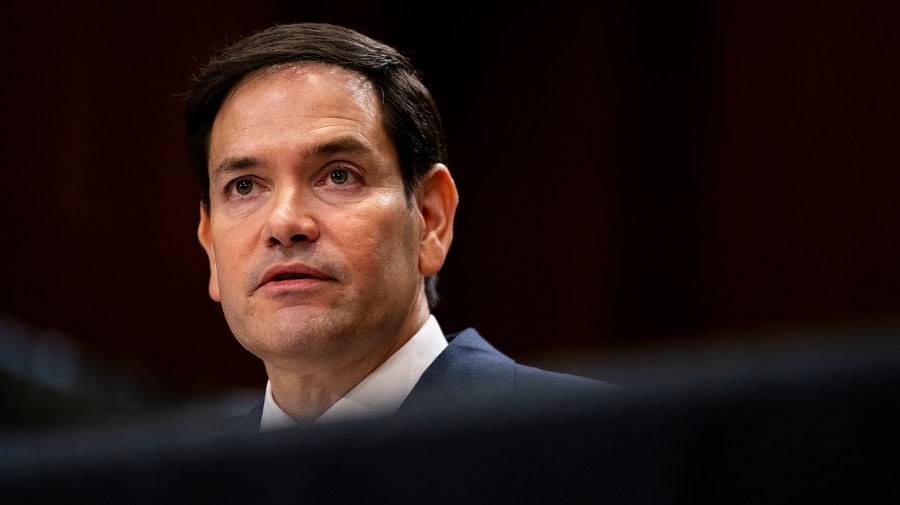
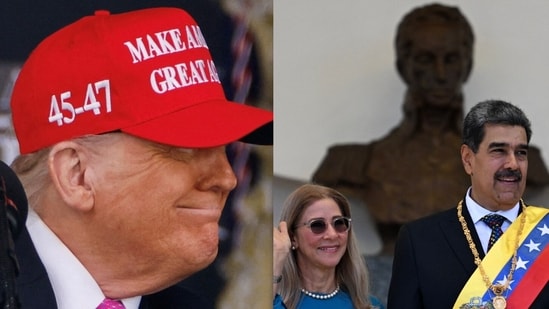
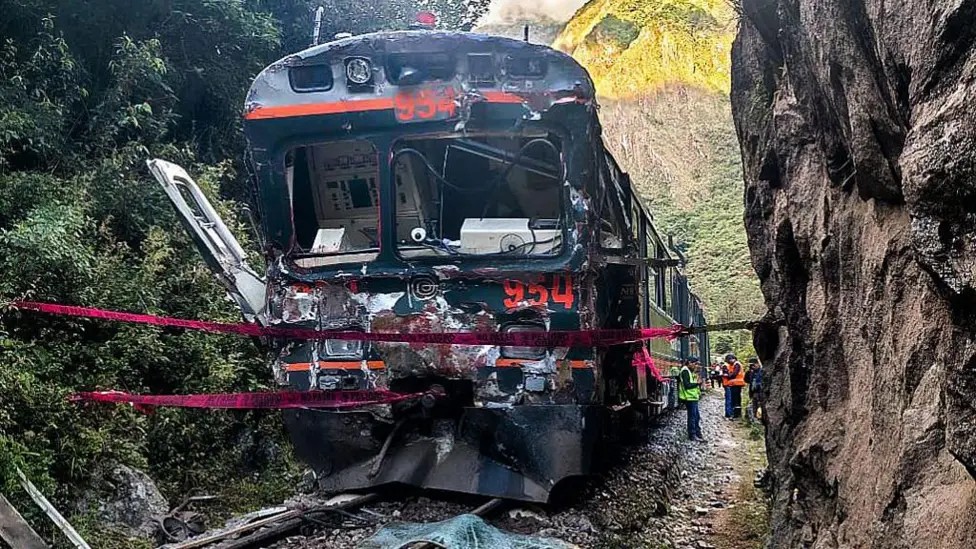
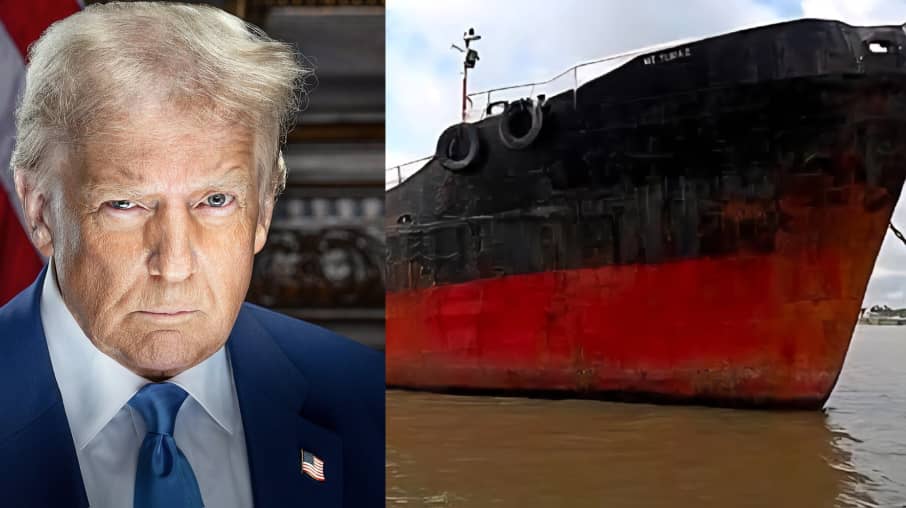
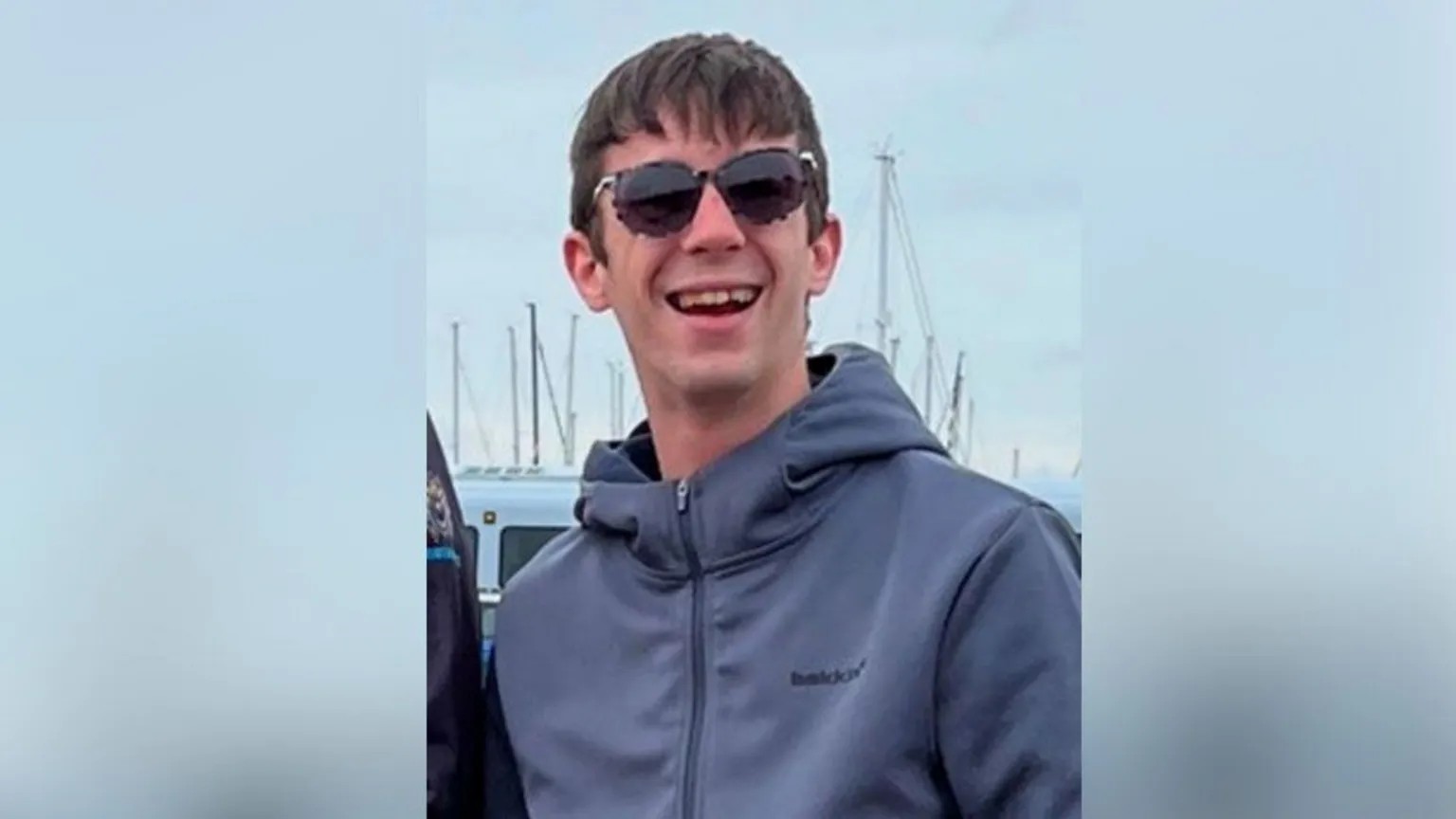


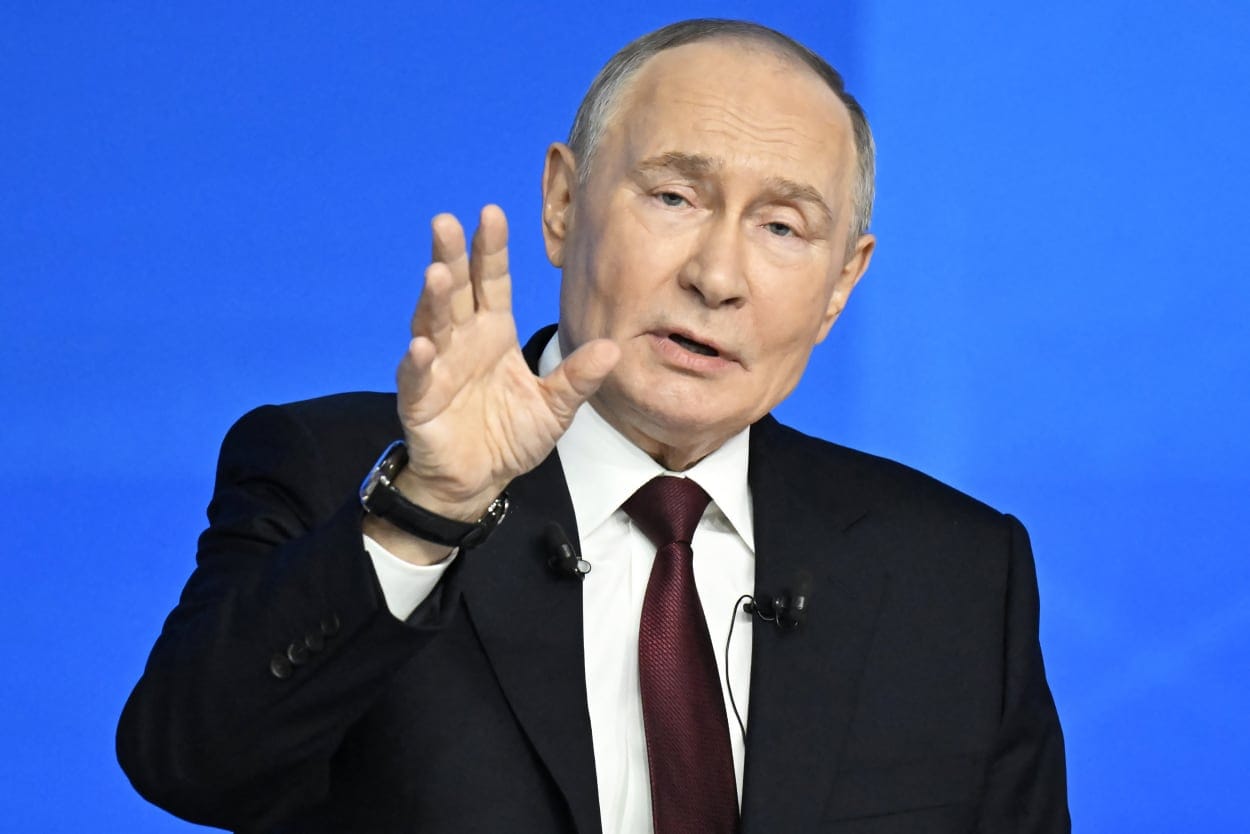

0 Comment(s)